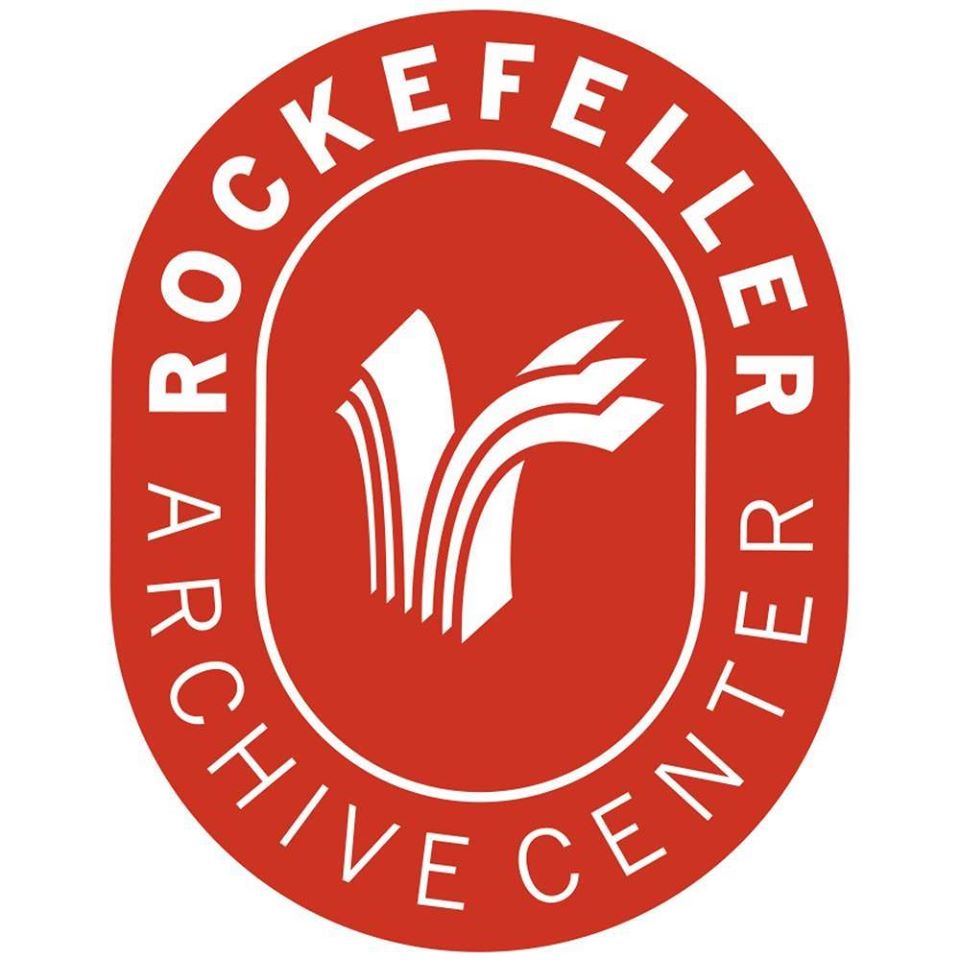Grant, John B.
- Extent:
- 1.18 Cubic Feet 3 letter document boxes and 3 microfilm boxes (35mm)
- Biographical / historical:
-
John B. Grant was born to Canadian missionaries in Ningbo, China, in 1890. He earned an undergraduate degree from Acadia University in Nova Scotia in 1912 and a medical degree from the University of Michigan in 1917. Throughout his career, Grant consistently emphasized community development as an essential component of medical care.
Grant's first contact with the Rockefeller Foundation (RF) came in 1918 when he worked with the RF's International Health Division (IHD) on hookworm surveys in China and Puerto Rico. Upon his return Grant took a leave of absence from the Foundation to pursue a graduate degree in public health at Johns Hopkins University. After graduation he went back to the Foundation and was immediately assigned to China, where he became a professor of hygiene and public health at China's Peking Union Medical College (PUMC). In addition to his teaching responsibilities, Grant promoted field work and established a number of community clinics where medical and nursing students could practice their skills. By 1926 Grant had become the head of PUMC's Department of Public Health and Hygiene.
In addition to his work with the university, Grant also nurtured relationships with municipal governments in various parts of China in order to help establish public health stations. His efforts led to the establishment of health stations in Shanghai and Canton and they helped to create a national ministry of health.
Grant's role in China was expanded in 1934 when he was asked to work with the RF's newly developed China Program. The China Program took a comprehensive approach toward China's development, focusing on areas as diverse, yet inter-related as health care, education and agriculture. Although it focused its activities in north China, the goal of the China Program was to create a model for rural development throughout the country. Grant remained with this program until 1939, when war with the Japanese eventually forced an end to the program.
Pushed out of China, Grant moved to India, where he was named Director of the All India Institute of Hygiene and Public Health in 1939. While there, he also participated in India's influential Bhore Committee, which surveyed the state of Indian health care and recommended a number of steps that eventually helped to revolutionize the quality of medical care for Indians.
Grant remained in India until 1945, when he began a three-year survey of international trends in medical care that took him throughout Canada, the U.S., and Europe. In 1948 he was named Director of the IHD's European office, and three years later he was promoted to Associate Director of the RF's Division of Medicine and Public Health. During his time in New York, Grant also consulted on a number of outside projects, including President Truman's Commission on the Health Needs of the Nation in 1951 and a United Nations project to evaluate community development, including health programs, in Southeast Asia between 1952 and 1953.
Grant retired from the RF in 1956, but he continued post-retirement projects that allowed him to return to Puerto Rico in an effort to coordinate the territory's health care system and teach preventative medicine at the University of Puerto Rico.
Throughout his career, Grant's expertise was recognized with numerous awards and citations. In 1960 Grant received the prestigious Lasker Award from the American Public Health Association. This award recognized his forty-year commitment to the improvement of public health. He also received a number of awards from foreign governments that testified to his widespread work to improve global health systems.
John B. Grant died in Puerto Rico in 1962 following a heart attack. At the time of his death he was still actively engaged in improving the field of public health.
- Physical / technical requirements:
-
The archival material has been reformatted. Access to the original archival material is restricted. Digital files and user copies of the microfilm are available for access.
- Places:
- India
Contents
Access and use
- Parent restrictions:
- Each set of officers' diaries is open for research 20 years after the date of the last diary entry.
- Parent terms of access:
- Rockefeller Foundation has title, copyright, and literary rights in the collection, in so far as it holds them. Rockefeller Archive Center has authority to grant permission to cite and publish archival material from the collection.
- Location of this collection:
- Contact:

